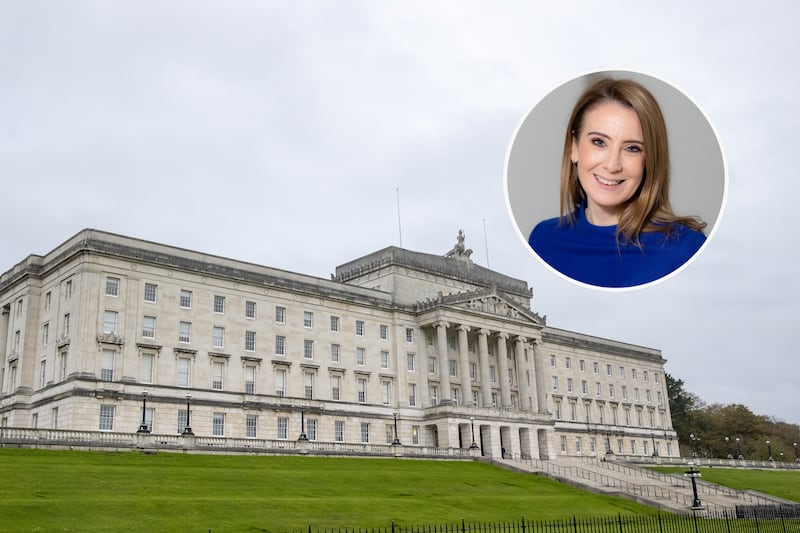GROWTH in north's economy is set to be dwarfed by that of the Republic's, according to a new report.
EY's Economic Eye analysis has forecast modest growth of 1.1 per cent for Northern Ireland by the end of 2018, in comparison to a 4.9 per cent projection for the Republic.
The report, which covers the period 2017 to 2022 projects that 236,700 additional jobs are set to be created across the island over the five years, but just 4 per cent (9,500) of these will come from Northern Ireland. The figures suggest that after years employment on the island will finally surpass 2008 levels, with with 74,500 jobs created last year.
Reflecting upon the divergence in performance between the two economies theEconomic Eye highlights a squeeze in household incomes and Brexit uncertainty as reasons for subdued growth in the north.
With Brexit looming on the horizon, talent is the highest issue on the corporate agenda for the majority of businesses, the survey shows. According to EY, 64 per cent of business leaders said that developing next generation leaders was the biggest challenge they face, followed by failure to attract and retain top talent (60 per cent), which could be hindered further in the event of a hard Brexit.
EY chief economist, Neil Gibson said the disparity between the two economies is striking, but is encouraged by the overall figures.
“The contrast between economic performances across the two jurisdictions appears wider than ever, though looking below the headlines suggests that the disparity is overstated by GDP figures," he said.
"The labour market on the island of Ireland continues to impress, but the number one challenge reported to us remains attracting and retaining talent. The variance in the type of jobs being created has meant the job growth has been more evenly spread across the island than we have previously seen, with increased employment in all counties in the last 24 months."
Managing partner for EY in Northern Ireland, Michael Hall believes the absence of local government and Brexit uncertainty may impacted on the "sluggish" growth in the north's economy, but is upbeat in spite of the challenging environment.
"The overall corporate mood is much more positive than might have been expected, just one year out from Brexit and with little sign of clarity of the final terms of the UK’s exit from the EU. This reflects the ‘here and now’ of doing business where there is a real focus on continuing to identify new opportunities and at the same time scenario plan for different possible trading arrangements which are being contemplated during current negotiations. In the labour market, both jurisdictions continue to perform well with Northern Ireland unemployment rates reaching historic lows.”






